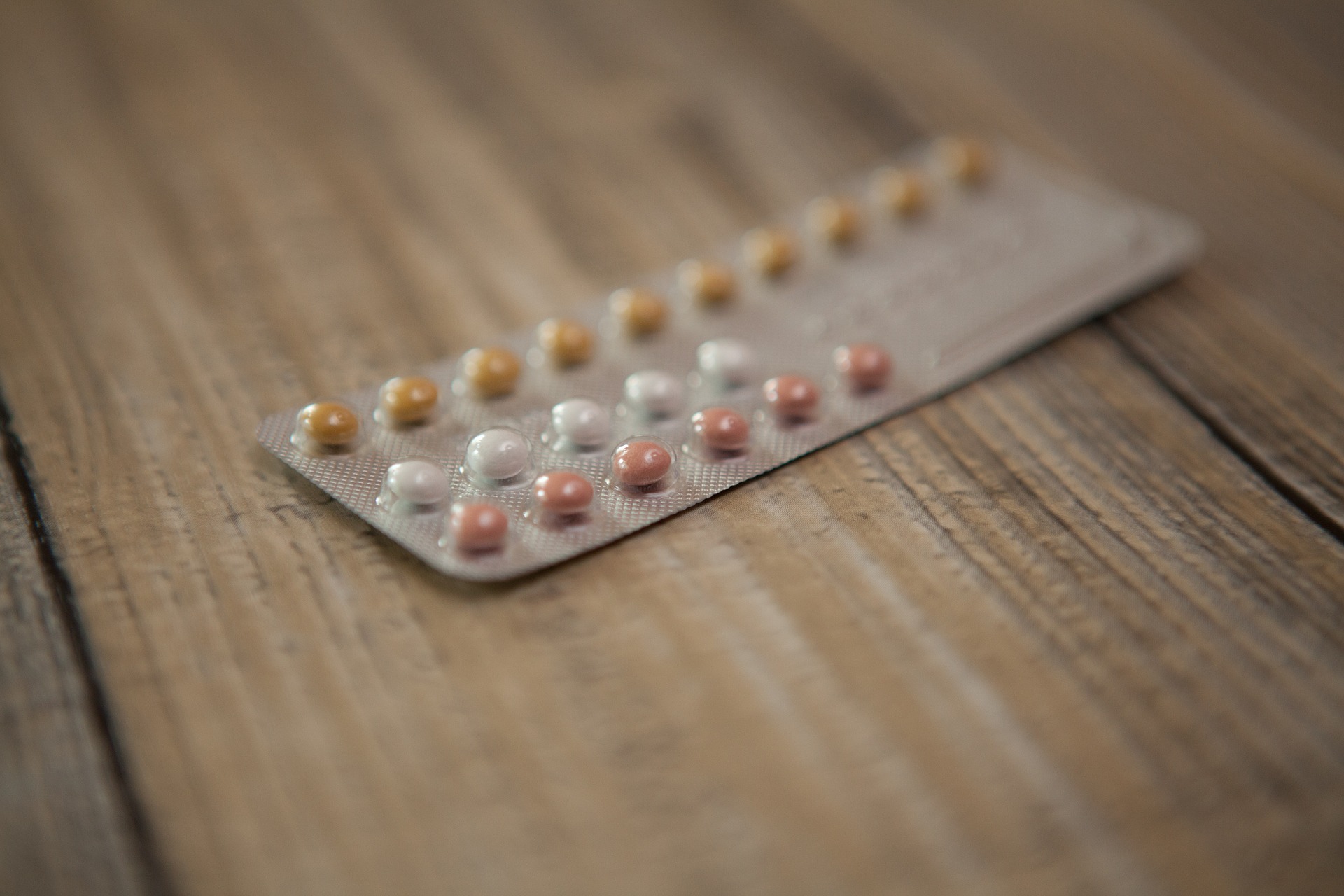The pill is extremely common in society today. By 16, I, and many of my friends, were taking it, whether it be for contraception, to alleviate painful periods, or for dealing with acne. Due to its hormone balancing properties, the pill can offer many solutions to women. Yet, it does not come without issues.
The contraceptive pill is considered to be one of the most significant medical advances of the 20th century. It was approved for release in 1960 and within two years it was being used by 1.2 million American women. It came at a time of women’s liberation and free love in the swinging 60s. The UK adopted it in 1961, however, it was restricted to married women until 1967.
A 2016 large-scale Danish study found that women taking the combined pill are 23% more likely to be prescribed an anti-depressant by their doctor. Among adolescent women, this figure is 80%.
Today, it is believed that 100 million women in the world take one of the 32 different forms available.
This number is still rising, despite the extensive list of possible side effects that accompany every prescription. Many women have a complex relationship with the pill, as its ability to prevent pregnancy comes hand in hand with changes in mood, appetite, and weight, as well as the possible increase in the risk of blood clotting and certain cancers. For many women, the pill is a very liberating piece of medicine. Dr Johanna Halfon explains that ‘with every birth control method, some women may experience side effects that the majority of other women do not.’
One of the more common side effects is changes in mood, notably a negative change. There have been links between the pill and instances of depression, particularly in adolescent women. A 2016 large-scale Danish study found that women taking the combined pill are 23% more likely to be prescribed an anti-depressant by their doctor. Among adolescent women, this figure is 80%. In many cases, women will experience periods of poor mental health while on the pill and not consider that there may be a link between their method of contraception and their mental state. Of course, correlation between the pill and periods of depression does not mean there is a causation. However, the pills contain hormones so it is not far-reaching to suggest that they may be damaging to mental health.
Other side effects such as weight gain, change in appetite, or headaches have been attributed to lifestyle changes often experienced when starting a new method of contraception. Taking the pill may often come at a point of change in a woman’s life, such as the beginning of a new relationship, characterised by going out to eat more, change in habits, or stress of trying to balance a new commitment.
In the long term, studies have found that there could be an increased risk of breast cancer. The risk is modest, however, for some women it is a risk just not worth taking. Some cases of breast cancer are hereditary so the pill may do more harm than good.

Some would argue that the side effects women have to endure to prevent unwanted pregnancy are very unfair. In heterosexual relationships, why is contraception largely the woman’s responsibility? A male contraceptive pill is being trialled, however, will it come with as many side effects as the female pill?
Eleanor Smith

